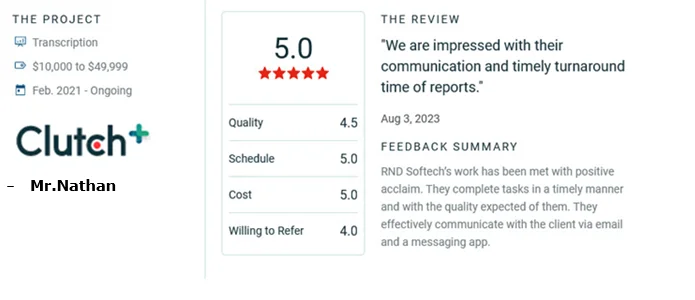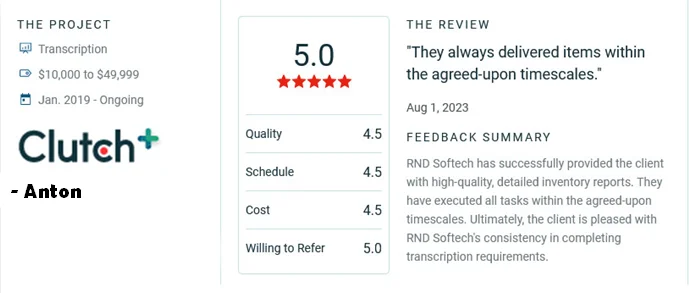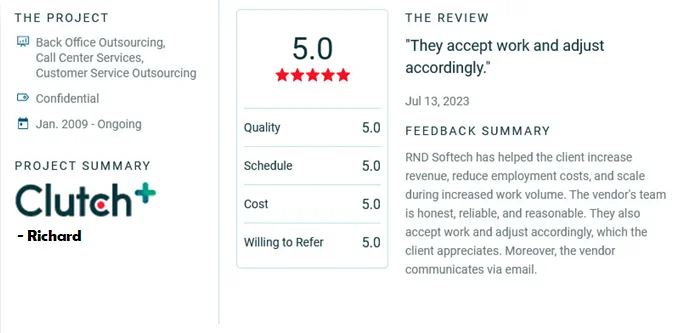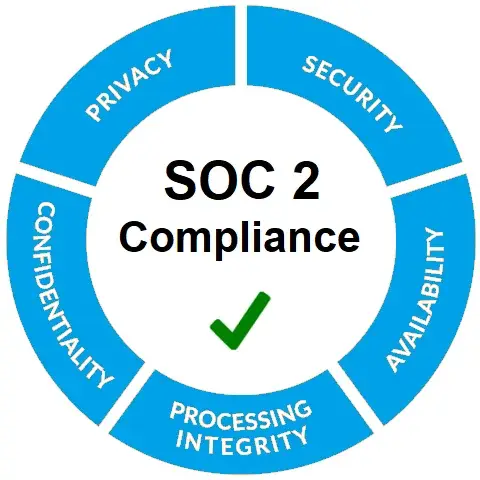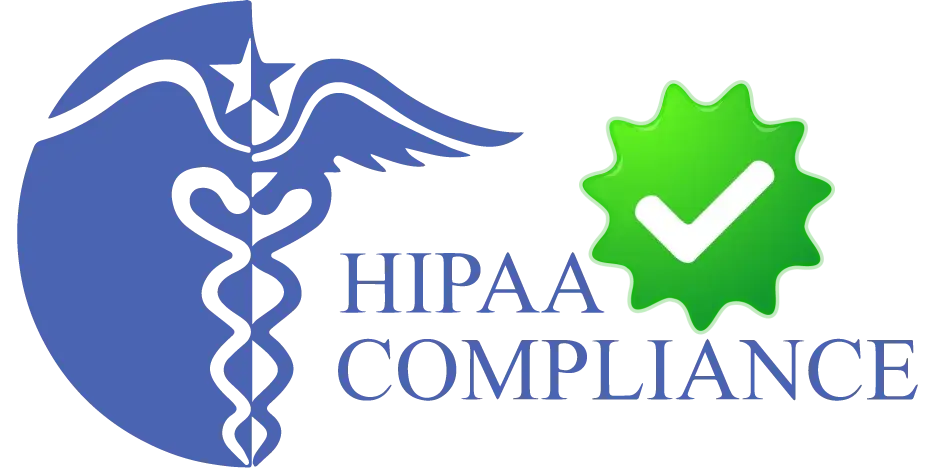13 Important Stages to track revenue leakages in Medical Billing
In the healthcare industry, doctors, clinics, and hospitals must receive payment for the care they provide. revenue cycle management service has been used by most healthcare providers in the US today. Think of it as a guide for managing the financial aspects, starting from when a patient arrives for treatment until the bill is settled.
Understanding the 13 fundamental stages of RCM is beneficial for healthcare organizations. It allows them to operate efficiently and ensure they're generating enough revenue to maintain their operations.
- Patient Pre-registration
- Insurance Verification
- Appointment Scheduling
- Patient Check-in
- Charge Capture
- Coding and Code Review
- Claim Submission
- Claim Adjudication
- Payment Posting
- Accounts Receivable Follow-up
- Denial Management
- Patient Statements and Collections
- Reporting and Analysis
Stage 1: Patient Pre-registration
Before the patient's appointment, we collect the patient's insurance and personal information to initiate the payment process smoothly. This ensures fewer mistakes and makes everything easier for you during future visits. By doing this early, we save time and make patient check-in quicker, which means you spend less time waiting and more time getting the care they need. It's an important Stage to make sure everything runs smoothly and efficiently.
Stage 2: Insurance Verification
Making sure we have all the right details about insurance is important for keeping things running smoothly in healthcare. It means checking things like who's eligible for coverage, what the insurance does and doesn't pay for, and any specific rules they have.
We can prevent claim issues and maintain timely progress by taking great care in this process. Ensuring that we receive appropriate compensation and maintain operational efficiency are important aspects of this process.
Stage 3: Appointment Scheduling
In healthcare, making sure patients are happy and that everything runs smoothly financially involves scheduling appointments on time. When appointments are well-organized, patients are happier, resources are used better, and fewer people miss their appointments.
This smart approach helps the healthcare facility work better overall and keeps things financially stable while also giving patients a great experience.
Stage 4: Patient Check-in
To make sure everything is correct, healthcare facilities need to review and update patient information when they arrive regularly. This helps prevent mistakes and reduces the chances of insurance claims being rejected, which is crucial for keeping the financial side of things running smoothly.
Keeping patient data up to date through the process helps everything work better. It also means that doctors and patients can communicate more effectively.
Stage 5: Charge Capture
Ensuring that healthcare providers get paid correctly relies on making sure they charge accurately for the services they provide. This means paying close attention to everything patients receive. Keeping detailed records of these services is crucial to making sure the bills sent out are correct.
By doing this, healthcare professionals can make sure they are handling their money sensibly. Additionally, it fosters the billing process's transparency and trustworthiness, which is crucial for all parties.
Stage 6: Coding and Code Review
Medical Coding is like translating the services you receive at the doctor's office into a language that insurance companies understand for billing. This helps make sure everything is accurate and consistent. At, RND Softech, we carefully check these codes to catch any mistakes and make sure they follow the rules.
We can ensure that healthcare providers are fairly compensated for the services they render in this way. Ensuring patients receive the necessary care and maintaining the efficiency of the healthcare system depend on it. By guaranteeing billing accuracy and transparency, effective code review helps patients as well as healthcare providers.
Stage 7: Claim Submission
Keeping the money flowing smoothly in healthcare relies on getting claims in on time and correctly. Organizations need to use modern electronic methods to submit claims efficiently. These methods help avoid mistakes and speed up getting paid. With financial transactions always changing, businesses must use effective submission procedures.
Stage 8: Claim Adjudication
After sending in a claim, it's important to keep a close eye on its progress and deal with any issues that pop up promptly. We stick to a regular schedule of checking in to catch and fix any delays or rejections quickly. This smart approach ensures excellent claim management, improving how money flows through healthcare operations.
Stage 9: Payment Posting
Making sure payments are accurately recorded and connected to the right claims is vital in the healthcare industry. Keeping our accounts receivable ledger up-to-date is crucial for keeping our financial records organized and clear. Matching payments correctly helps us make sure our financial records show the real status of what's owed to us, which makes everything more accurate overall.
Stage 10: Accounts Receivable Follow-up
Compelling accounts receivable management is essential to sustaining ideal cash flow in businesses. To address outstanding balances as soon as possible, this calls for thorough follow-up measures. Implementing efficient methods for managing rejected claims and easing the appeals procedure is also essential. Businesses that prioritize these Stages and swiftly settle outstanding accounts can increase both their operational efficiency and financial stability.
Stage 11: Denial Management
In the healthcare industry, it's essential to handle claim denials efficiently for financial success. By using practical denial management techniques, organizations can improve their financial outcomes. They need to figure out why claims are being denied and then put solutions in place to fix those issues.
By identifying patterns and trends in denials, they can take proactive Stages to increase revenue and reduce the number of denials overall. Making denial management a priority is crucial for the financial health and effectiveness of healthcare providers.
Stage 12: Patient statement and Collections
Clear and honest conversations with patients about their medical bills are really important for making sure everything runs smoothly in healthcare. When we talk openly and on time about what they need to pay, it helps us process their payments quickly and reduces the chances of unpaid bills.
Patients and their healthcare providers gain more trust as a result, which improves the efficiency of our healthcare system. When financial matters are handled openly, relationships are strengthened, and everyone knows what's going on and how to collaborate for the greatest possible healthcare results.
Stage 13: Reporting and Analysis
An essential instrument for assessing the company's financial health is the regular reporting and analysis of key performance indicators (KPIs). Healthcare organizations may get crucial insights that help them make strategic decisions by regularly tracking these data.
Enhancing financial stability and overall healthcare organizational effectiveness, this data-driven strategy makes it possible to acquire a comprehensive picture of current performance and execute more manageable continuous improvement programs.
The Wrap:
Understanding and applying the 13 Stages of revenue cycle management helps healthcare providers handle financial tasks better. Using good methods and technology and ensuring accurate data, providers can make billing smoother, improve financial outcomes, and maintain financial health.

